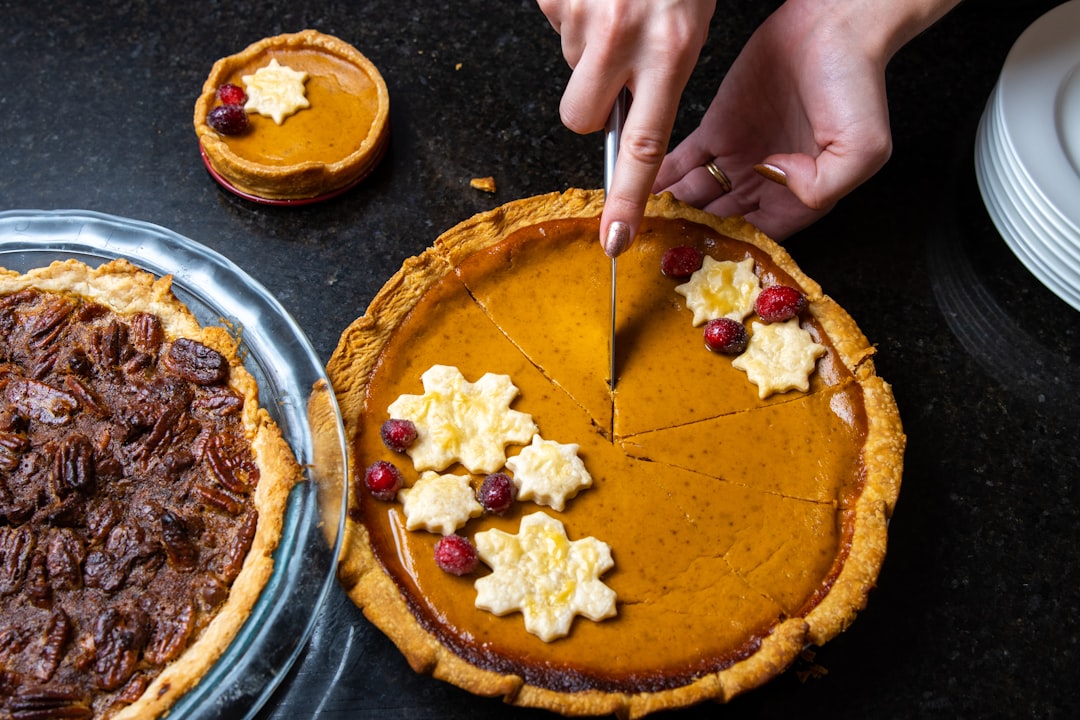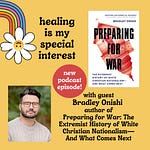Welcome to Healing is My Special Interest, the newsletter (and podcast!) at the intersection of late-diagnosed neurodivergence and recovering from high control environments. If you grew up in either of these intersections, then national/cultural/familial holidays might be pretty tough days for you. Today’s post is a bit of a ramble on how my little family is re-thinking celebrations and I’m also uploading a conversation I had with my partner Krispin Mayfield on navigating enmeshed families. Today’s post is for paid subscribers only, but as always if you are unable to afford a subscription but believe this content would be helpful to you—just email me at dlmmcsweeneys@gmail.com and we will get you sorted.

This is the first year that me and my little family are doing our own thing for this holiday week, despite living close to extended family.
It feels strange, and bad and also good? It’s so confusing to navigate learning to set boundaries this late in life but you know what? I’m just glad I made it to this point!
My extended family situation is probably not all that dissimilar from many people who grew up in white evangelicalism. The past several decades have been spent navigating minefields when it came to religion and politics, and holidays were extra stressful. Not only that, but the pressure to “perform” and act like a perfect, happy, Christian family (when in reality many of us in my family were incredibly anxious, depressed, and maybe not all that Christian) added up over the years. I was pressured by my parents to act like their stances on COVID, gay people, and trans folks didn’t impact me1. I was pressured to act like a “good” (respectable?) person and pretend everything was fine multiple times a year. I thought I could do it for the sake of my kids—they deserve to be around family and have the “classic”2 holiday experience—but eventually my kids couldn't pretend anymore either. So this year, we are doing something different—and wondering why we were ever pressured to celebrate a mythologized holiday celebrating the genocide of Native Americans.
Change is in the air, my friends. I can feel it everywhere I look. People are quitting the NYTimes over it’s refusal to name what is happening to the Palestinian people as genocide. Folks are getting a glimpse into how out of touch their favorite influencers, celebrities, and politicians actually are. The people we admire have gone silent in times of moral crisis, and everything from media to educational institutions to cultural holidays are being looked at with fresh eyes.
I think all of this is amazing, actually. As someone who didn’t grow up with a lot of autonomy, I think we should all have moments where we step back and assess the lives we are living and the values we are operating by and see if it is still working for us now that we have more information about ourselves, our bodies, and our society. I see now the pressure to remain small and quiet and pleasant and keep celebrating holidays like Thanksgiving like “we always have” as another form of white supremacy culture. I think about all the pressure I—and maybe you--have to celebrate a “holiday” where we have to pretend everything is fine when it most certainly isn’t3. Who benefits most from the pretense of these kinds of holidays? The people who have a vested interest in ignoring the toxic patterns and systems at play (either in our own family dynamics or the nation at large).
Listen to this episode with a 7-day free trial
Subscribe to Healing is My Special Interest to listen to this post and get 7 days of free access to the full post archives.











